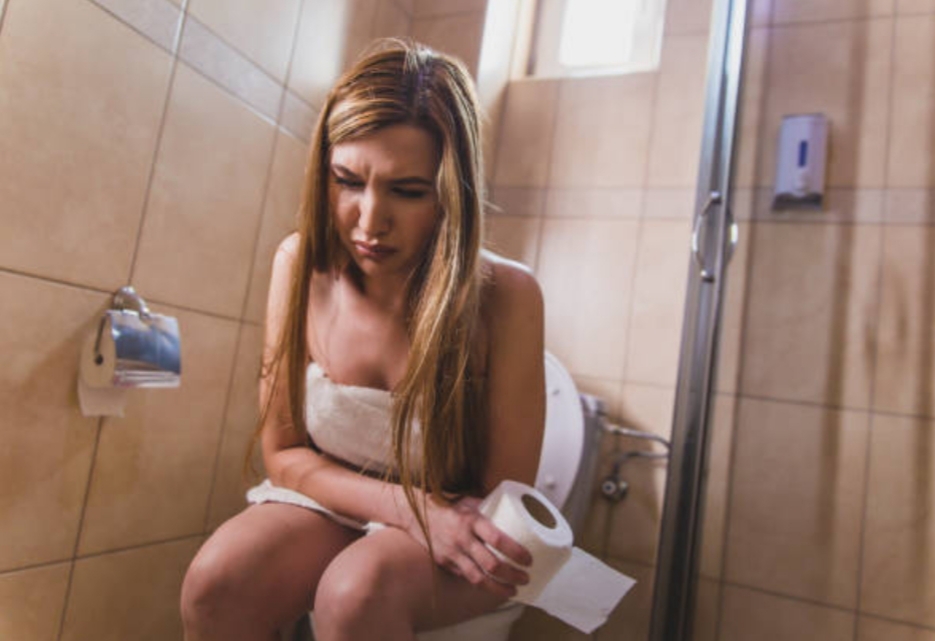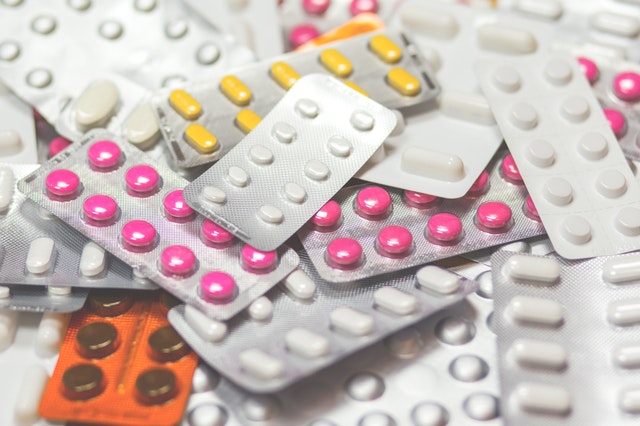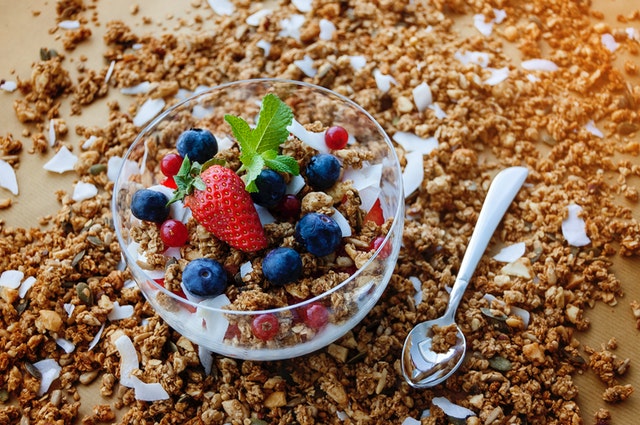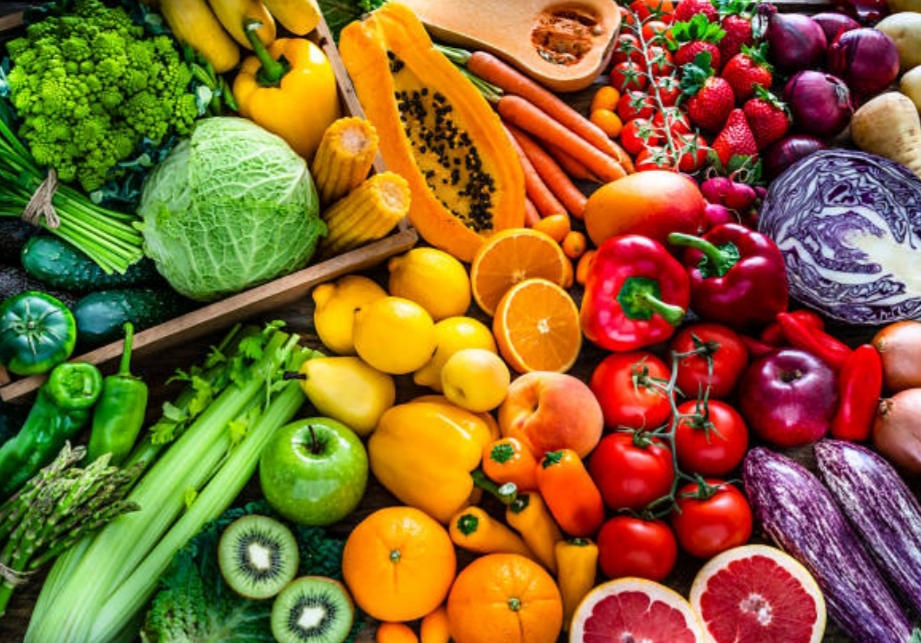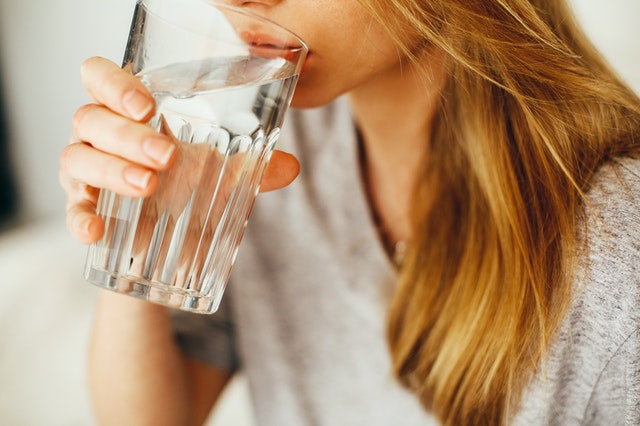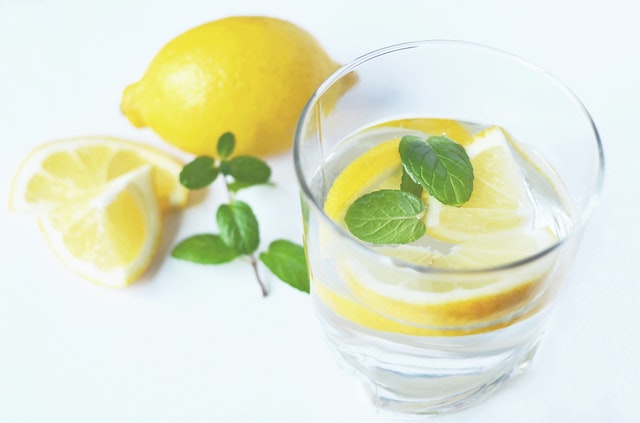Parents often give different kinds of food and use different tricks to relieve their children of the discomfort that accompanies constipation. Constipation may also cause severe pain to a child, so much so that some of them would even avoid going to the bathroom. The brain signals the body that excretion is going to be a painful experience that leads the child to further constrict their bowel movement, worsening the condition. According to the US Department of Health and Allied Services, 5% of all pediatric visits are because of constipation.
Today we shall discuss some dietary tips which may help children get relief from constipation.
Whole grain: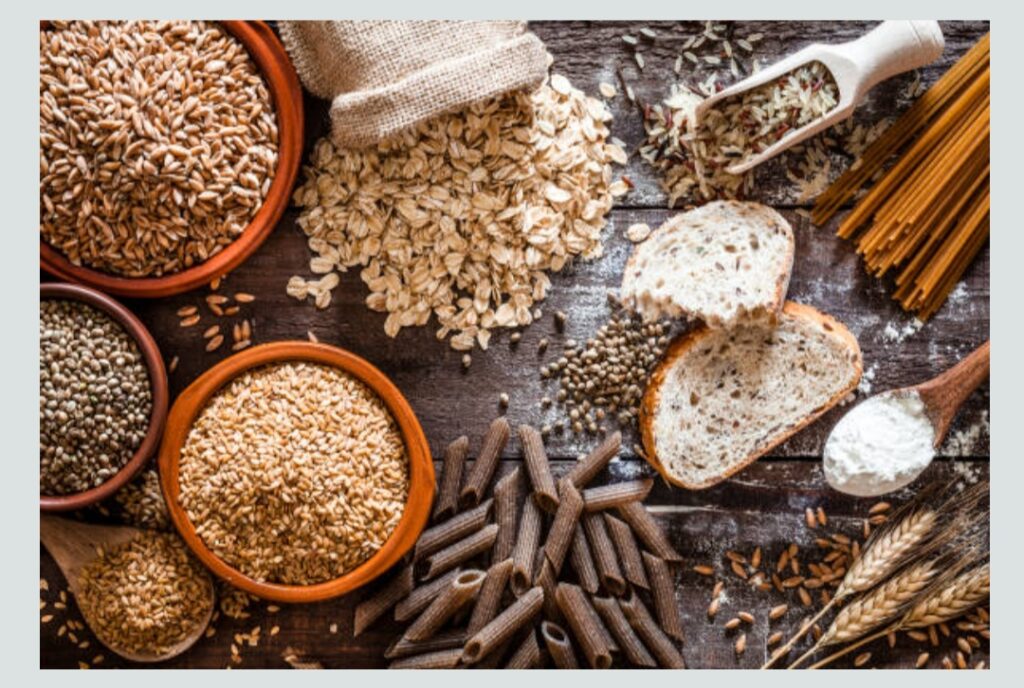
Kids are used to eating readymade cereals so most of the time their diet lack whole grains. So, it is important to include whole grains like brown rice or red rice, whole wheat, oats, millet, quinoa, etc. during each and every meal. Insoluble fiber present in these whole grains may help in alleviating constipation. According to the American Academy of Paediatrics, “fiber keeps things moving in the digestive tract.” A diet with adequate fiber helps in smooth bowel function and avoidance of constipation.
Vegetables and fruits:
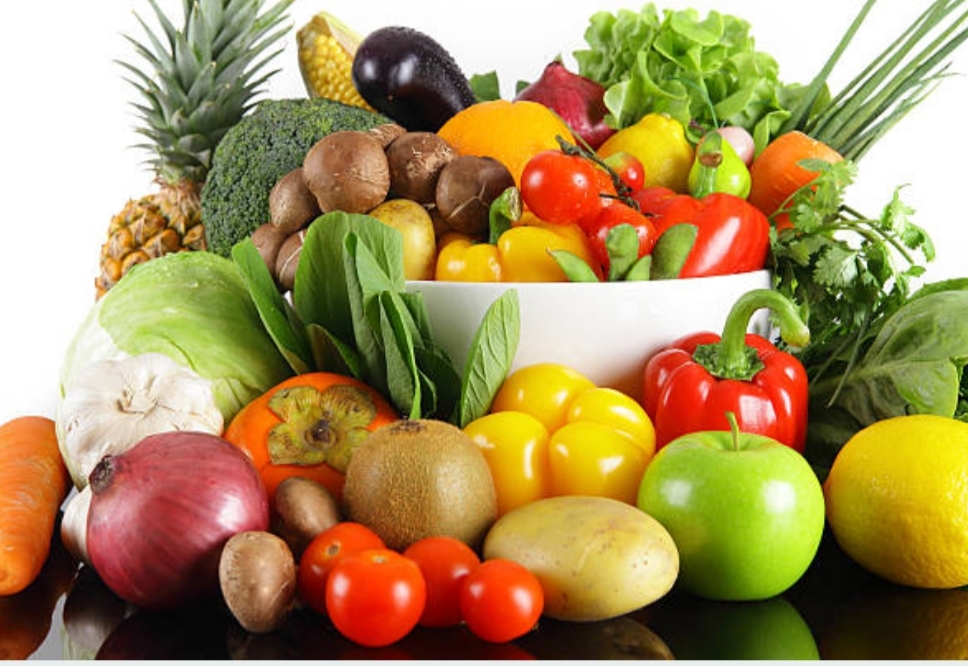 We know that kids generally avoid vegetables and fruits. Vegetables and fruits contain healthy fibre along with vitamins and minerals. So, it is very important to include vegetables and fruits to combat constipation-related problems. Try to give vegetables and fruits in an innovative way to your child. You can give vegetables stuffed chapatti, vegetable sandwiches, vegetable wrap, mixed vegetable or fruit smoothies, fruit salad, animal faces made of fruits, etc. Try to give at least 3 to 4 servings of vegetables and 2 to 3 servings of fruits every day.
We know that kids generally avoid vegetables and fruits. Vegetables and fruits contain healthy fibre along with vitamins and minerals. So, it is very important to include vegetables and fruits to combat constipation-related problems. Try to give vegetables and fruits in an innovative way to your child. You can give vegetables stuffed chapatti, vegetable sandwiches, vegetable wrap, mixed vegetable or fruit smoothies, fruit salad, animal faces made of fruits, etc. Try to give at least 3 to 4 servings of vegetables and 2 to 3 servings of fruits every day.
Dry fruits:
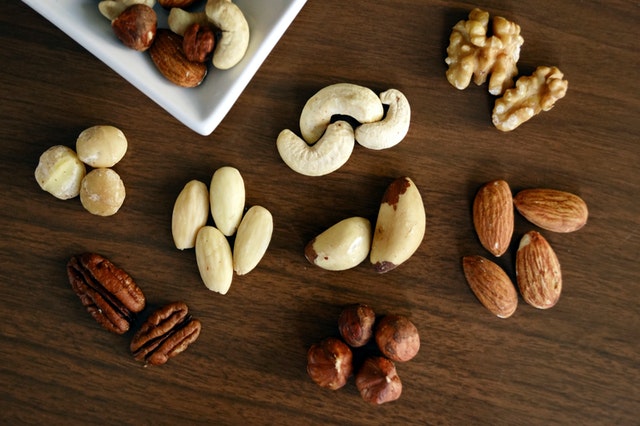
Dry fruits, mainly dates, raisins, prunes, and figs are very good sources of fiber. They may help in relieving constipation. Prunes contain a natural laxative known as sorbitol which helps in relieving constipation. At the same time, the fiber content of dry fruits helps to soften the stool and make the stool pass smoothly. You can give dry fruits ladoo or barfi, dry fruits mix, or add dry fruits to a smoothie.
Water:
Water is key to solving most constipation-related problems. Water helps to loosen the stool and maintain overall body function. Often children don’t like to drink water. But It’s very important for a child to drink plenty of water throughout the day. Apart from drinking water, your child can also have water through fluids like coconut water, buttermilk, smoothie, unsweetened fruit juice, and lemon water. It is very important to increase the water intake of a child when high-fiber diet is given. To measure the water intake of your child you can use a glass and try to give 8 to 10 glasses of water throughout the day.
Some home remedies and tips to help relieve your child’s constipation are as follows: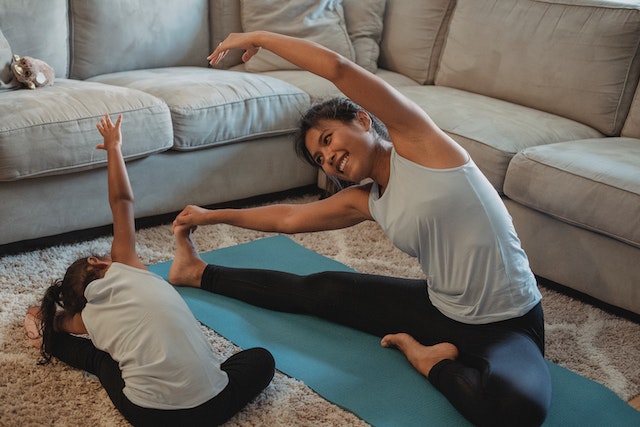
- You can give 1-2 prunes early in the morning. Soak the prunes in water, make a paste, and have it early morning on an empty stomach.
- Dates and milk smoothies as an afternoon snack
- Do squatting exercises regularly. At least 1 to 2 times a day
- Maintain regular bathroom habits. Your child should sit on the potty seat for 10 to 15 minutes
- Maintain regular sleep time for a child.
- Ask the child to chew their food properly.
- Try to reduce the use of laxatives.
- Include fiber in the form of whole-grain, fresh fruits, and vegetables. But don’t increase fiber instantly. Increase slowly.
If constipation isn’t managed by dietary changes and lifestyle management then it is necessary to consult with your Paediatrician. If your child refuses to eat or has unusual abdominal swelling, weight loss, fever, or pain during bowel movements, you will need to see your pediatrician.




